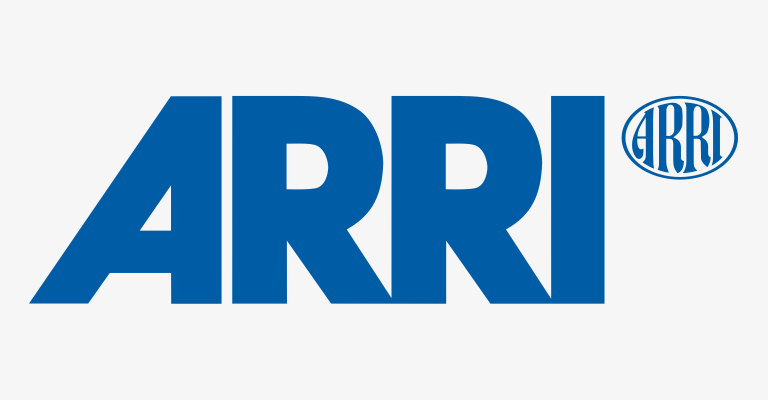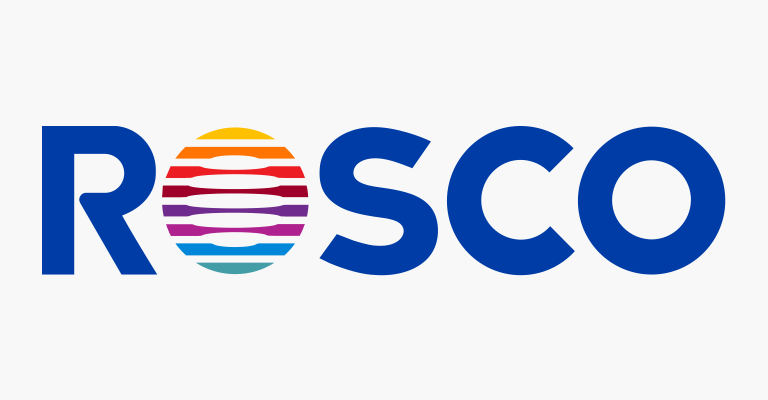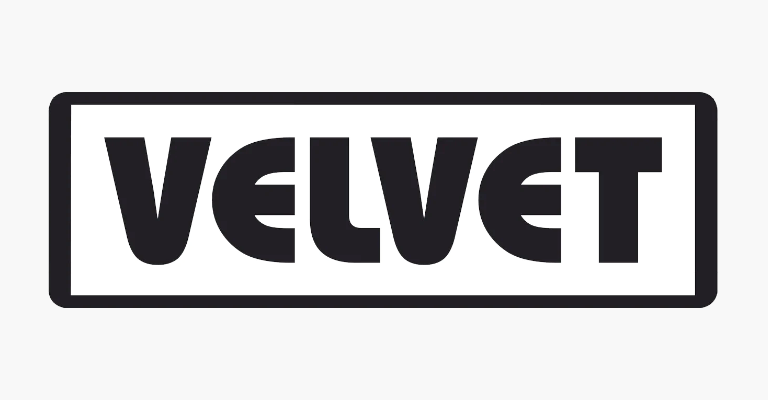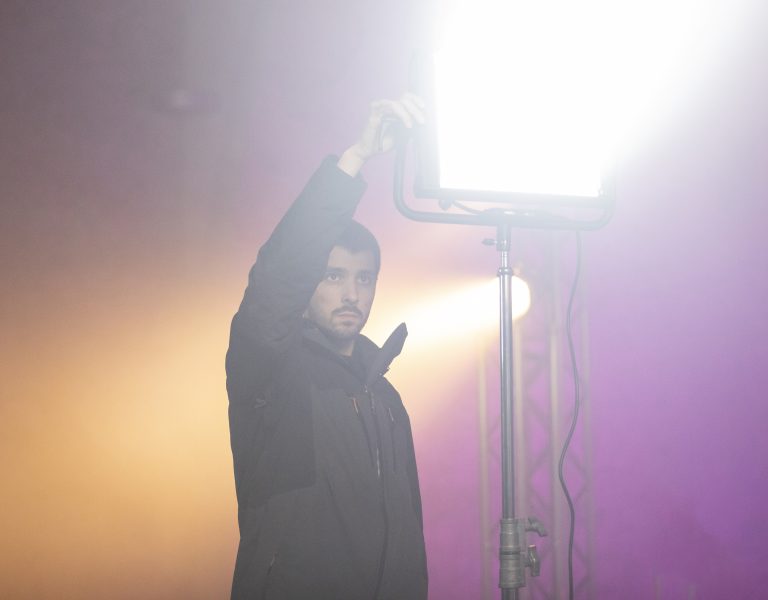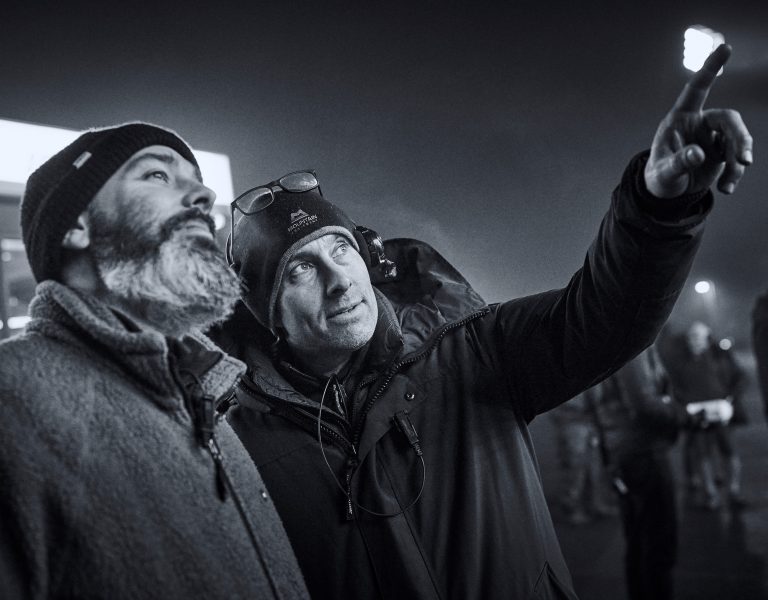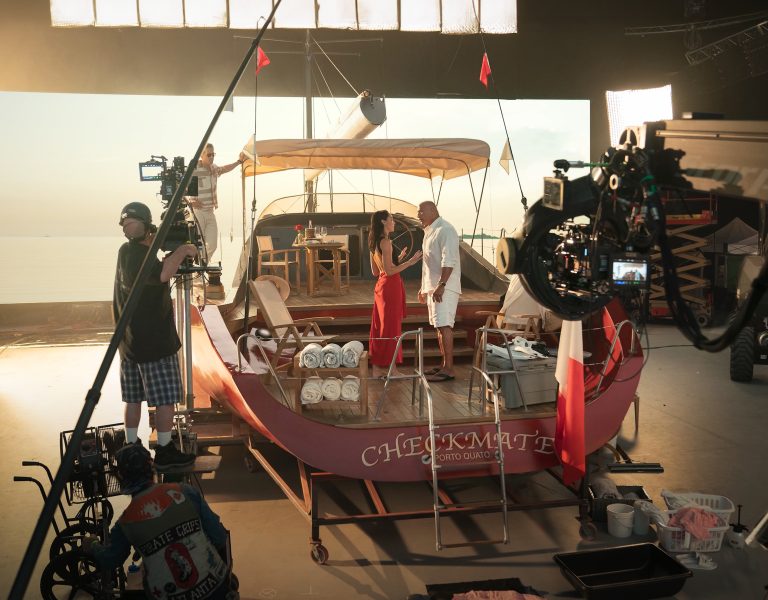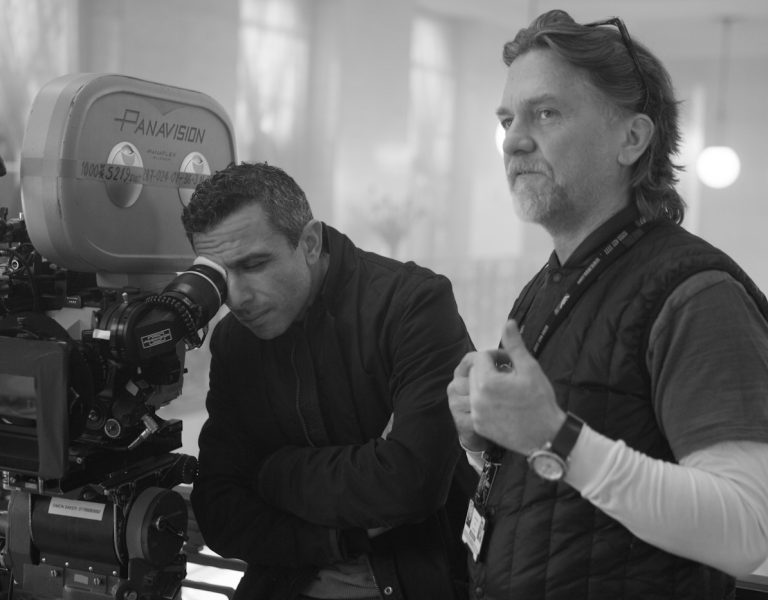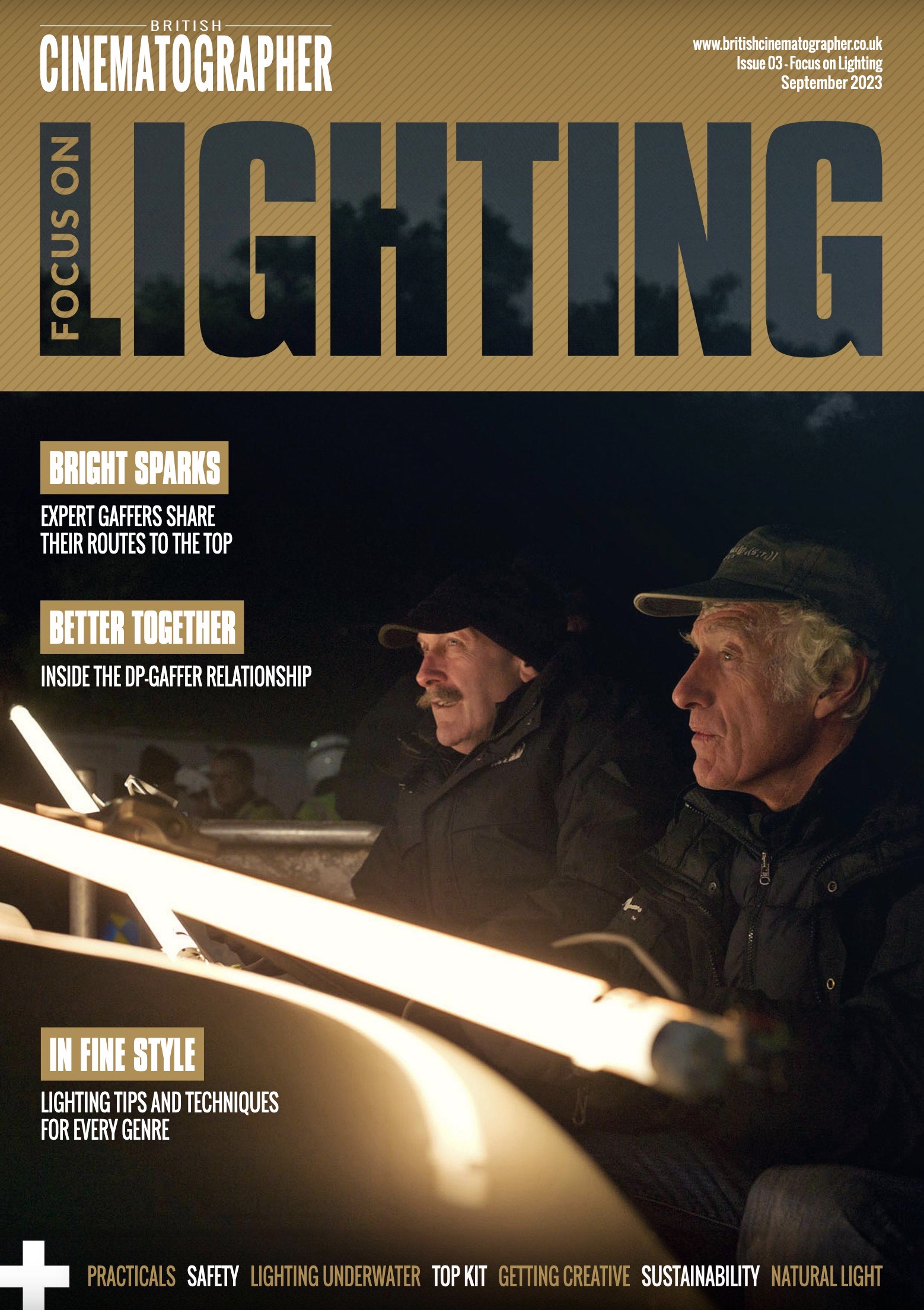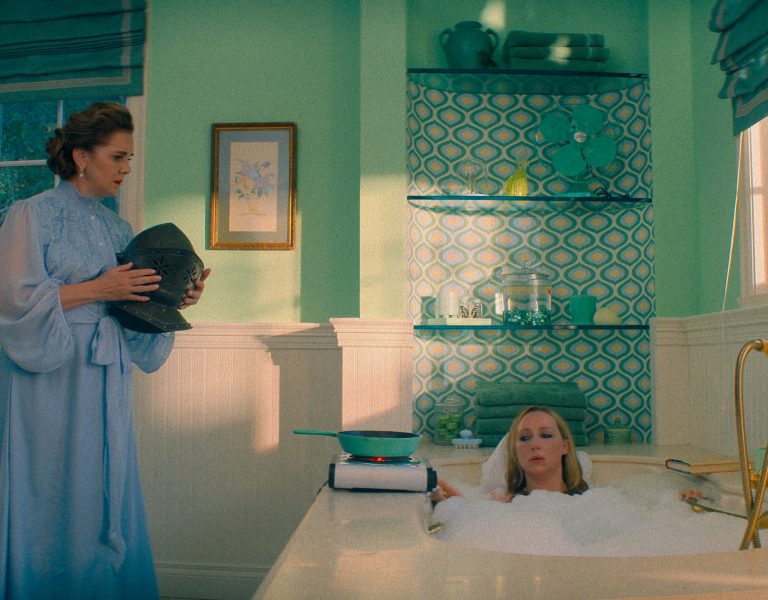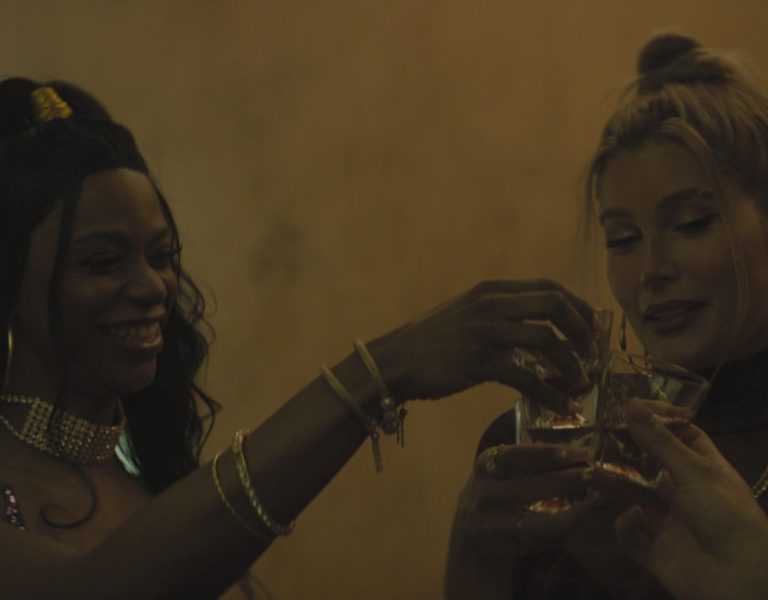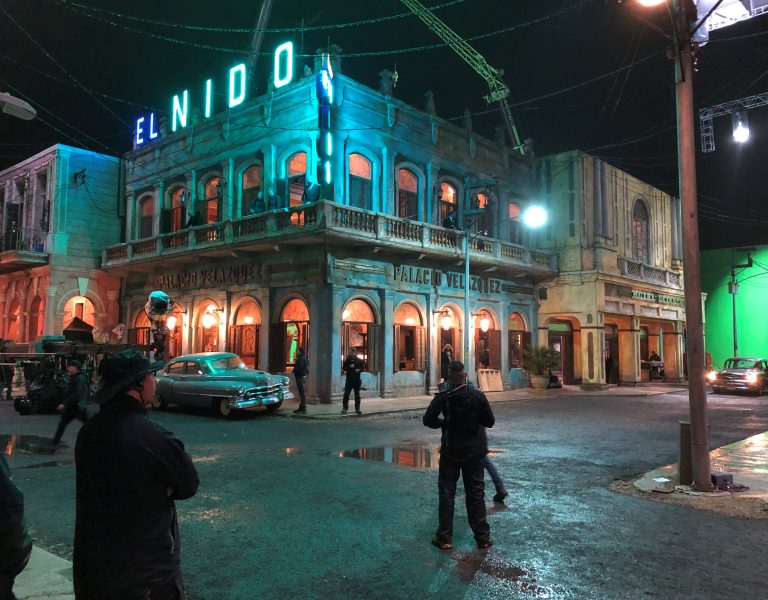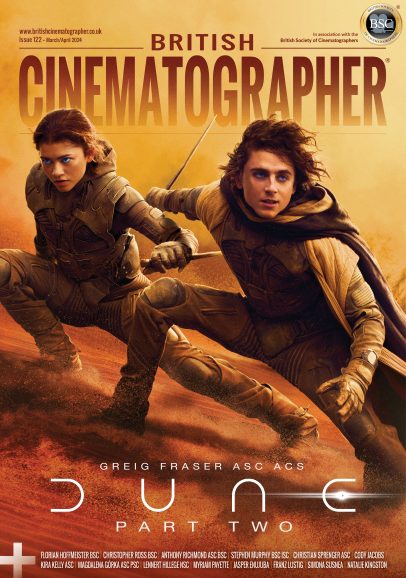Newly formed lighting society ICLS has some definite ideas of how its industry represents itself and is using its status to push reform.
The recent pandemic affected everyone in different ways. One positive outcome was the formation of the International Cinema Lighting Society (ICLS), which provided a platform for international lighting professionals to connect and collaborate. It seemed a global health crisis was the catalyst for gaffers to start communicating, but this was a long overdue step and has allowed many to reflect on their career and vocation. Ultimately, it proved to be a fruitful opportunity for their professional growth.
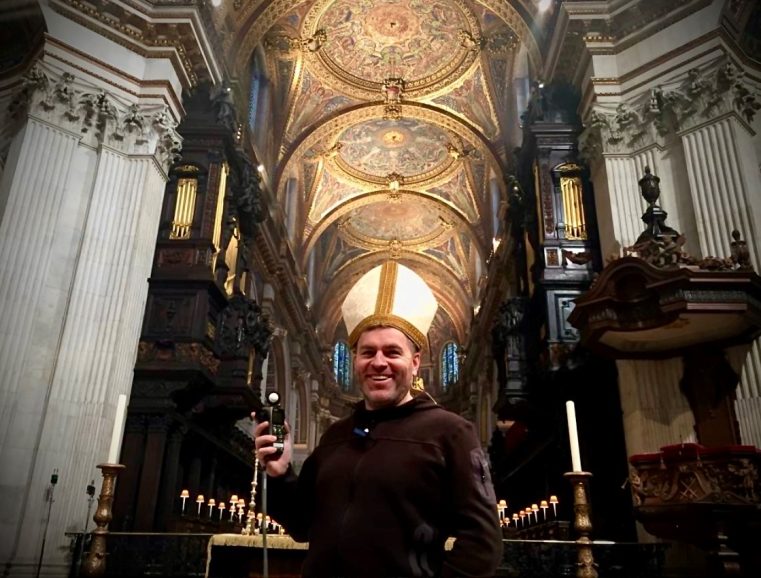
One of the founding directors of the ICLS is UK gaffer Martin Smith. He co-founded the society alongside president Mike Bauman and Rafael Sanchez; also on the team are directors Erin Nelligan and James McGuire, Adam Harrison, and executive director Ediola Pashollari. Smith is fired up about nurturing this fledgling society. “Gaffers aren’t the best at sharing information; it’s been a closed shop. It was a case of who you know rather than what you know. But all we needed was just some time on our hands to make a difference.”
The pandemic gave them that luxury which triggered the need for collaboration. “Gaffers don’t really work together. Most of the time, they will be selected to work with the DP, but sharing information between us didn’t seem to happen.”
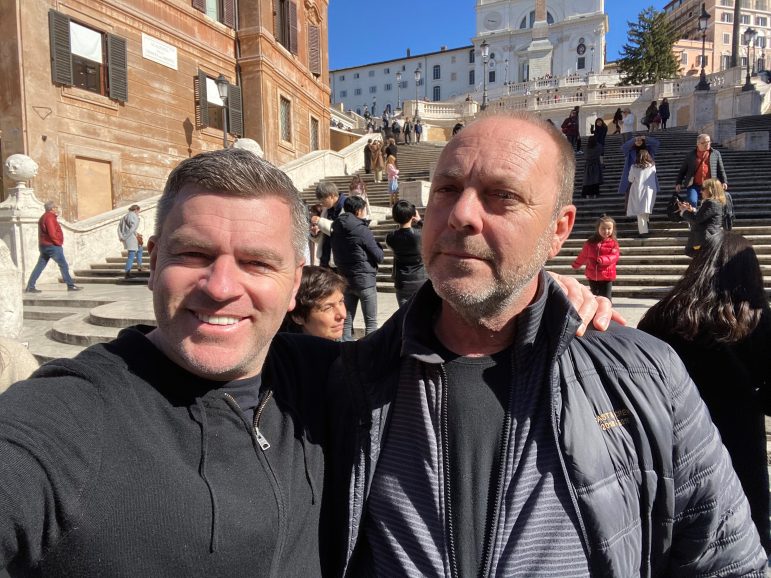
A territorial outlook
But how did the lighting community go from this lack of sharing to something encouraging talking and swapping information? “It seemed to me that cinematographers were much prouder of their work and loved to chat about it. But it was time for us to have somewhere to talk about our world, especially safety and legislation for the pandemic.”
That initial collaboration became more of the ‘town square’ type of virtual meeting room. “We soon asked how everyone was and what they were up to. We talked about what we had done and where and with whom. That soon moved on to what products we were all using and how.
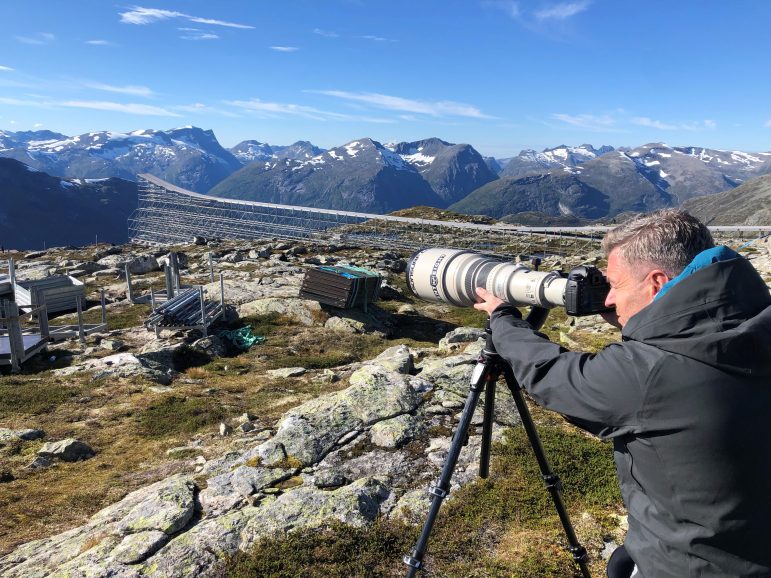
“We were quickly expanding to other areas of the world with people with different views in the film and television industry. Then we started attracting corporate members and manufacturers interested in sharing their prototypes; we were the perfect audience for those demos as we are the direct end users.
“Remember, there were no trade shows at the time as they had been shut down. So, we started to create trade events on our Zooms to discuss the equipment’s pros and cons. We said at the time that this could become our own society.”
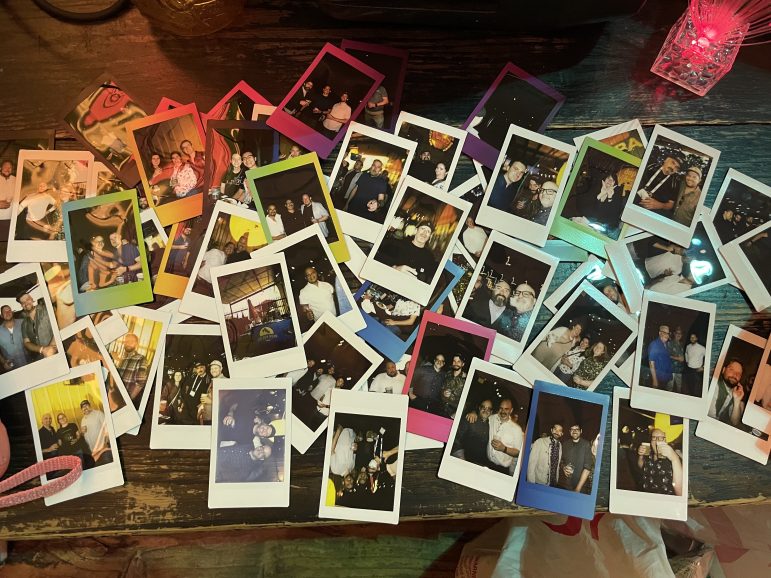
A society, not a union
Smith and his fellow founders didn’t want to represent lighting professionals as a unionised body but realised that what they had could become their own entity. “It could become our network of collaborative professionals, where we could share the infinite knowledge and expertise amongst a global group of like-minded members, and in turn tackle some of the bigger problems like lack of diversity, equality and educational needs.
“So, we decided to start as a formal society which at the time was pretty informal. We had the support setting it up from some of our early founding members. A website was built, and membership application vetting policy was put in place. We continued with the Zooms, and they allowed us to get to know people internationally. On a Saturday, we sometimes had over 100 people on a Zoom meeting.”
The structure included forming a membership, educational, and finance committee. Bea Patten was their first employee whose brief was to set up a global lighting community, as a non-profit organisation.
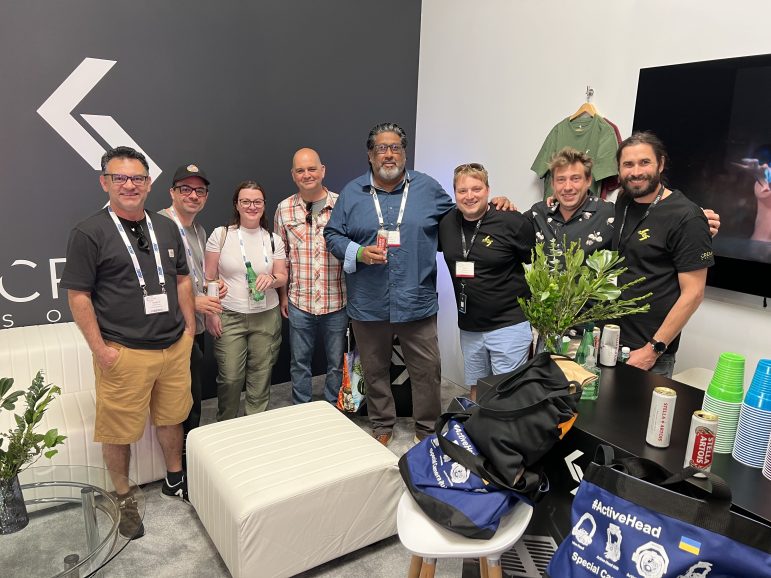
A thriving community
Even though the ICLS is run mainly by volunteers, Smith sees the community thriving and experiencing tremendous growth. “It’s starting to take a natural direction and will keep growing. The ICLS has now gained non-profit status thanks to the hard work of executive director Ediola Pashollari. We’re now a global community of members including gaffers, programmers, best boys, associates and manufacturers, all sharing technical knowledge on a vast variety of subjects.
“For instance, there are well over 100 channels on our Discord servers, and there are all hot topics of what’s going on and where. For example, lighting rigs, specific looks, data transmission, networking, colour science, intelligent lighting, new products, safety and how things are done globally; we’re in 40 countries now.
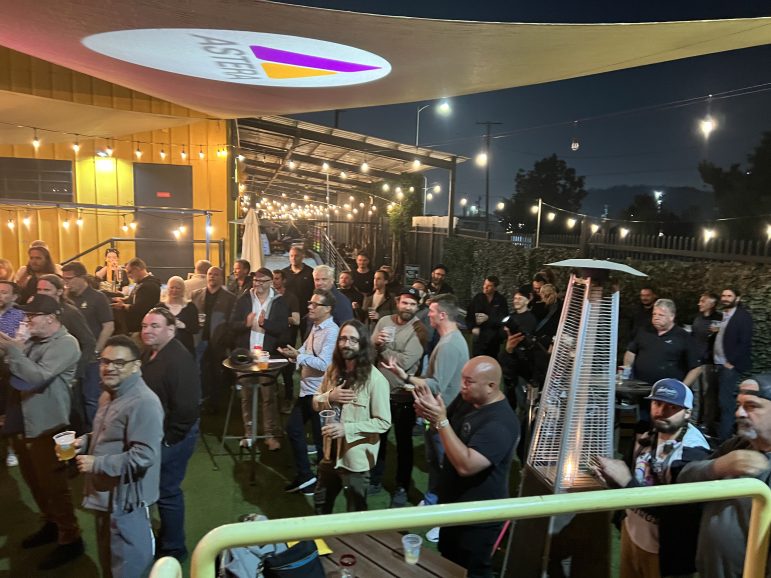
“We are a serious society with many fabulous technicians worldwide. Interestingly, every member has something to offer, and it’s now apparent that so much knowledge can be shared. It was insular, and we’ve come far in only three years.
“So many people want to join, and we must steady the growth from here. It can be frustrating for people who want a membership but have to wait, our volunteers are doing their best to get applicants processed.”
Full membership has a high qualifying criterion: at least eight years working in cinematic lighting consecutively and consistently as a gaffer, rigging gaffer or programmer.
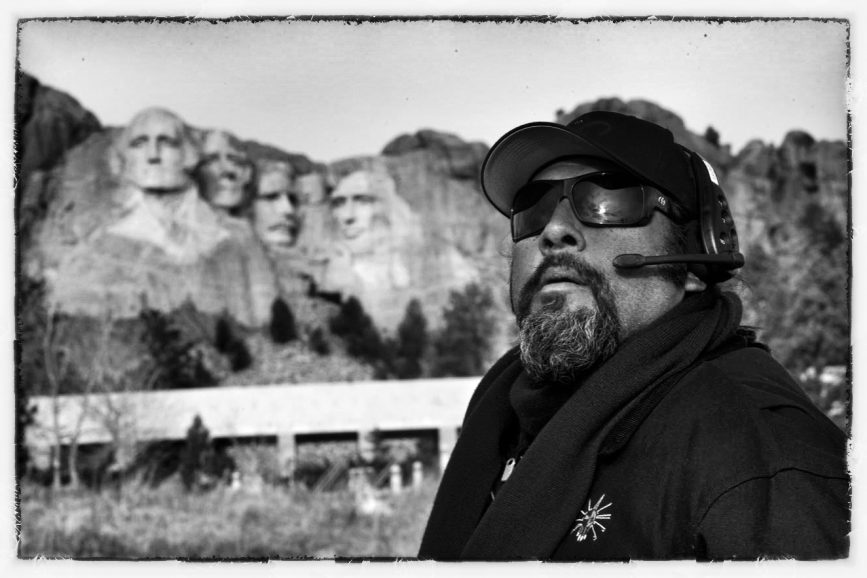
Up-and-coming gaffers
The ICLS recently opened an associate membership programme for aspiring gaffers, rigging gaffers and programmers. The programme accepts new and aspiring members and is a conduit to all the knowledge and resources within the Discord channels including all the latest product ranges.
“We want to place mentors within the society to show the next generation how to become a gaffer and have a long career. We’re also looking at a formal entry route qualification from the ICLS that would be recognised globally, a structured pathway into the cinematic lighting industry.
“That’s very complex and going to take a few years to figure out due to varying electrical codes of conduct which in my opinion is essential.
“We will also open membership to our practicals/fixtures heads of departments. With all the LED technology, control and complex wiring designed into today’s sets, its essential we include these fantastic technicians within our membership.”
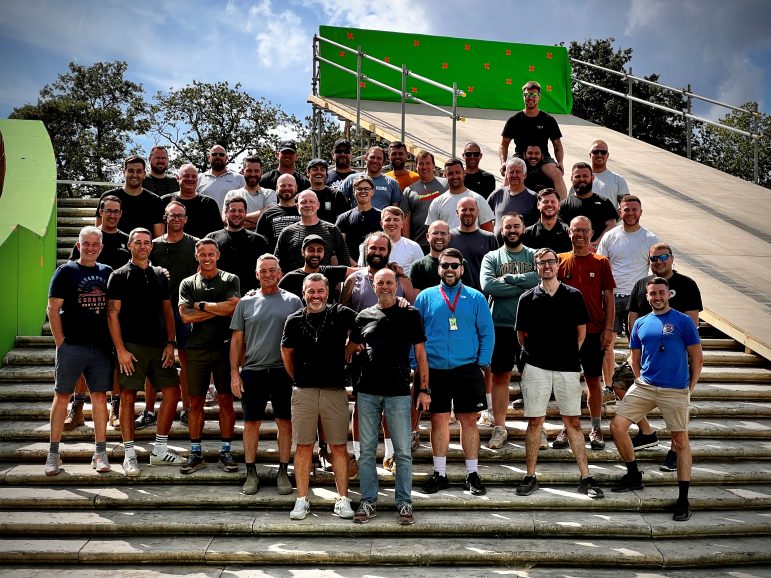
Next generation
The ICLS’s increasing power can prepare the ground for the next generation, and Smith feels it needs to be grounded on the electrical side. “In the UK and most of Europe, you will need to be an electrician to start with and have competency or a qualification. I did a full electrical apprenticeship, and anyone who does that has much more respect within the industry.
“Let’s be honest. You’re dealing with electricity first and foremost. It’s dangerous, and you’ll need to figure out electrical design, generating and distributing electricity safely, before the Lighting starts.
“Firstly, anyone who thinks that they’re coming out of film school and just decides that they want to be a gaffer, well, you might get a few commercials or a pop video, but you’re never going to be taken seriously. Nowadays, it’s so tight at the top, the big features, you must have a whole and in-depth technical and practical knowledge.
“Responsibilities are endless. Designing, calculating, power demands, rigging, testing, certifying electrical installations are just the start. Planning, budgeting, forecasting, lighting design and installations, crew management, logistical kit management, interdepartmental collaboration, travel logistics, carnets, risk assessments and safety protocols are some of the skills you will need.
“It’s best to work up slowly through the ranks within the lighting industry; currently there’s no defined route. You need to understand all the elements of making a movie. That knowledge development takes years.”
–
Words: Julian Mitchell
–
www.iclsociety.com
Instagram: @ICLSociety
Facebook: @ICLSociety
Twitter: @ICLSociety


